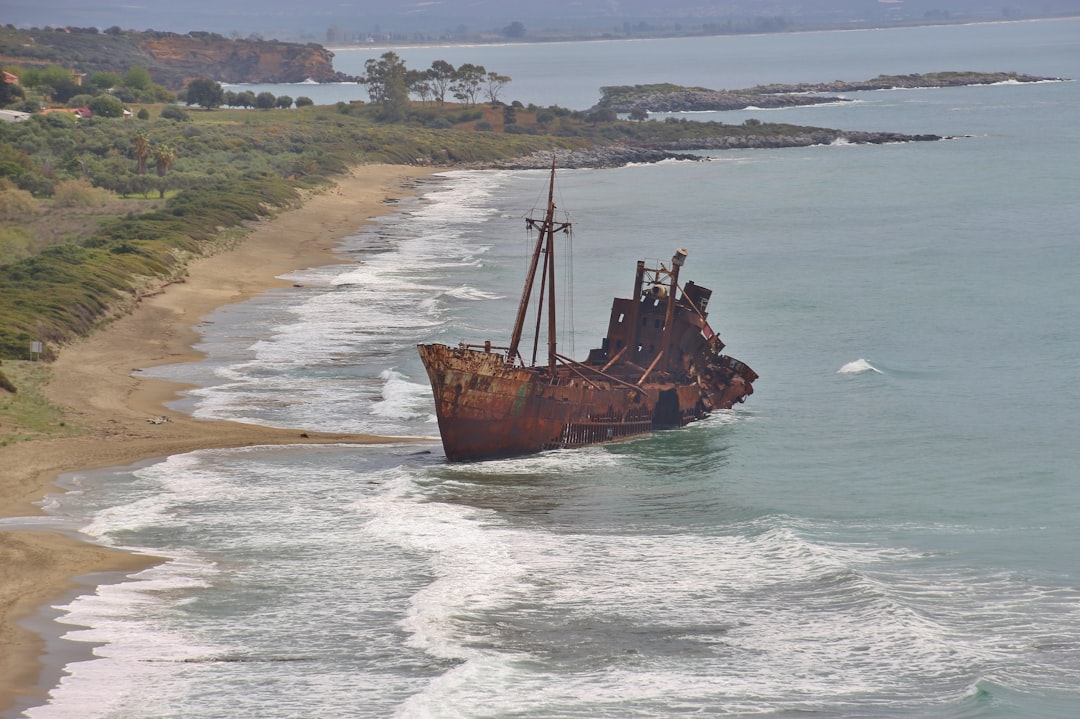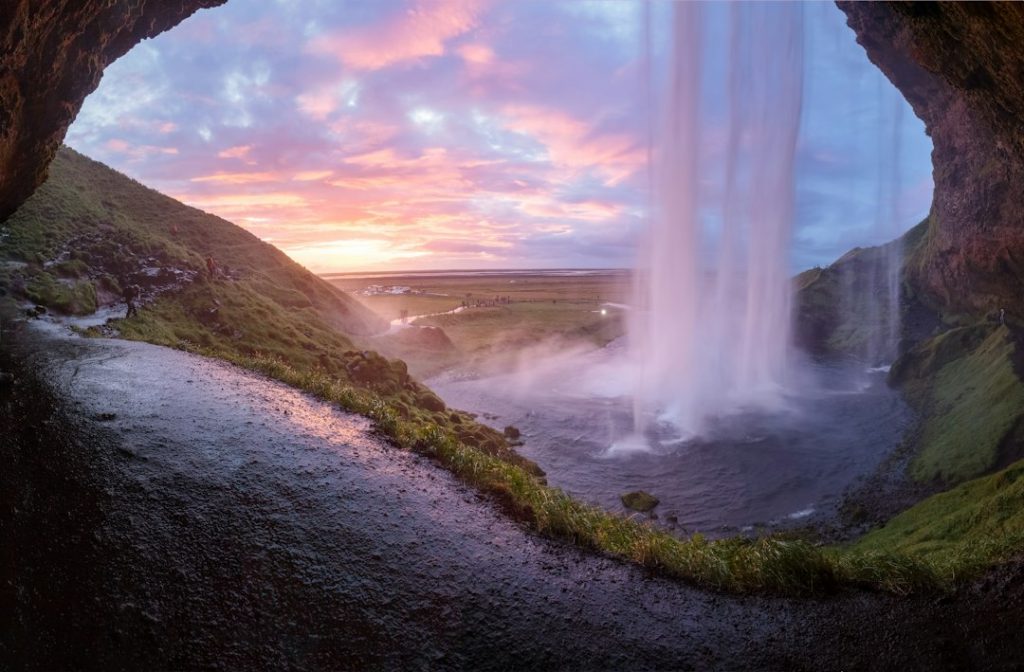
History of Iceland
Iceland, the land of fire and ice, has a rich and fascinating history that dates back to the early settlement period. The first inhabitants of Iceland were Irish monks who arrived in the 8th century, but it was the Norse Vikings who established the first permanent settlement in the late 9th century. Led by the legendary explorer, Ingólfur Arnarson, the Vikings set foot on the shores of Iceland and began to build their new home.
The Viking Age in Iceland was a time of great exploration and expansion. The settlers established farms and communities, and they relied on fishing, farming, and trade for their livelihood. The harsh and unforgiving landscape of Iceland presented many challenges, but the Vikings were resourceful and resilient, and they managed to thrive in this new environment. The early settlers also brought with them their rich cultural heritage, including their language, literature, and religious beliefs, which would have a lasting impact on the development of Icelandic society.
Summary
- Early settlement in Iceland was primarily by Norse and Celtic people, with the Viking Age playing a significant role in shaping the island’s culture and society.
- The establishment of the Althing in 930 AD marked the beginning of Iceland’s parliamentary system and is considered one of the oldest in the world.
- The Christianization of Iceland in the 11th century brought about significant changes in religious and cultural practices, leading to the decline of pagan beliefs.
- The Icelandic Commonwealth, also known as the Free State, was a period of independence and self-governance from 930 to 1262, characterized by a decentralized political system.
- The union with Norway and later Denmark in the 14th and 15th centuries brought Iceland under foreign rule, leading to a loss of autonomy and economic hardship for the island.
- The struggle for independence in the 19th and 20th centuries saw Iceland gradually gaining more autonomy from Denmark, leading to full independence in 1944.
- Modern Iceland in the 21st century is known for its strong economy, high standard of living, and unique cultural identity, with a focus on sustainability and environmental conservation.
The Establishment of the Althing
One of the most significant developments in early Icelandic history was the establishment of the Althing, which is widely regarded as the world’s oldest parliament. In 930 AD, chieftains from all over Iceland gathered at Þingvellir, a site of great natural beauty and historical significance, to establish a legislative assembly where disputes could be settled, laws could be made, and justice could be administered.
The Althing was a groundbreaking institution that laid the foundation for Icelandic democracy and the rule of law. It provided a forum for the settlers to come together, discuss important matters, and make decisions that would shape the future of their society. The Althing also played a crucial role in maintaining peace and order in a society that was largely decentralized and governed by independent chieftains. This early form of governance set Iceland apart from other Viking societies and laid the groundwork for the development of a unique political and legal system.
The Christianization of Iceland
The Christianization of Iceland was a pivotal moment in its history that had far-reaching implications for its culture and society. In the year 1000 AD, Icelanders gathered at the Althing to decide whether to adopt Christianity as their official religion. After much debate and deliberation, it was agreed that Christianity would be accepted, but paganism would also be allowed in private.
The adoption of Christianity had a profound impact on Icelandic society. It brought about significant changes in religious practices, social customs, and cultural traditions. The Christian church became a central institution in Icelandic life, and it played a crucial role in shaping the moral and ethical values of the people. The Christianization of Iceland also brought it closer to the rest of Europe and facilitated cultural exchange and trade with other Christian nations.
The Age of the Icelandic Commonwealth
The Age of the Icelandic Commonwealth, also known as the Free State Era, was a period of relative independence and prosperity for Iceland. From the 10th to the 13th century, Iceland functioned as a decentralized society with no central authority or king. Instead, it was governed by a system of chieftains who held considerable power and influence over their respective territories.
During this time, Iceland experienced a flourishing of literature, art, and intellectual pursuits. The Icelandic sagas, which are epic tales of heroism and adventure, were written during this period and have since become an integral part of Icelandic cultural heritage. The Free State Era also saw the development of a unique legal system based on customary law and the Althing’s legislative decisions.
However, this period was not without its challenges. Internal conflicts between chieftains often led to violence and instability, and external threats from Norway and other Scandinavian powers loomed large. Despite these challenges, the Icelandic Commonwealth managed to maintain its independence and autonomy for several centuries.
The Union with Norway and Denmark
In 1262, Iceland entered into a union with Norway under the rule of King Haakon
This union marked the end of the Icelandic Commonwealth and the beginning of a new era of foreign rule. In 1380, Norway entered into a union with Denmark, bringing Iceland under Danish control as well.
The union with Norway and Denmark had a profound impact on Icelandic society. It led to increased centralization of power and authority, as well as the imposition of Danish laws and regulations. The Danish crown also exerted control over trade and commerce in Iceland, which had significant economic repercussions for the Icelandic people.
Despite being under foreign rule, Iceland managed to preserve its distinct cultural identity and traditions. The Icelandic language remained largely unchanged, and literature continued to flourish during this period. However, the union with Norway and Denmark laid the groundwork for future struggles for independence.
The Struggle for Independence
The 19th century saw a resurgence of Icelandic nationalism and a growing desire for independence from Danish rule. The struggle for independence gained momentum as Icelanders sought to assert their cultural identity and political autonomy. In 1874, Iceland was granted limited home rule by Denmark, which allowed for the establishment of its own constitution and legislative assembly.
The push for independence continued throughout the early 20th century, culminating in the signing of the Act of Union with Denmark in 1918. This agreement granted Iceland full sovereignty while maintaining a personal union with the Danish king. Finally, on June 17, 1944, Iceland declared itself an independent republic, severing all ties with Denmark.
The achievement of independence was a momentous occasion for Iceland and marked a new chapter in its history. It allowed Iceland to govern itself and shape its own destiny as a sovereign nation. The struggle for independence remains an integral part of Icelandic national identity and is celebrated as a defining moment in its history.
Modern Iceland and the 21st Century
In the modern era, Iceland has emerged as a progressive and prosperous nation with a strong economy, high standard of living, and a vibrant cultural scene. It has become known for its commitment to environmental sustainability, gender equality, and human rights. The country’s stunning natural landscapes, including geysers, hot springs, glaciers, and volcanoes, continue to attract tourists from around the world.
Iceland has also made significant contributions to global culture through its music, literature, art, and film. Icelandic musicians such as Björk and Sigur Rós have achieved international acclaim, while Icelandic authors like Halldór Laxness have won prestigious literary awards such as the Nobel Prize in Literature.
In recent years, Iceland has faced new challenges such as economic fluctuations, environmental concerns, and debates over immigration policy. However, it continues to adapt and thrive in an ever-changing world. As it looks towards the future, Iceland remains committed to preserving its unique heritage while embracing innovation and progress.
FAQs
What is the history of Iceland?
The history of Iceland dates back to the settlement by Norsemen in the 9th century. It has a rich history of Viking exploration, Norse mythology, and medieval literature.
When was Iceland first settled?
Iceland was first settled by Norsemen in the late 9th century, primarily from Norway and the British Isles.
What was the role of the Althing in Icelandic history?
The Althing, established in 930, is one of the oldest parliaments in the world and played a significant role in the early governance of Iceland.
What was the impact of Christianity on Iceland?
Christianity was adopted in Iceland around the year 1000, marking a significant shift in religious beliefs and practices.
What was the period of Icelandic independence?
Iceland gained independence from Denmark in 1944, becoming a republic and establishing its own government.
What are some key events in Icelandic history?
Some key events in Icelandic history include the settlement by Norsemen, the adoption of Christianity, the establishment of the Althing, and the country’s independence from Denmark.
What is the significance of the Icelandic sagas?
The Icelandic sagas are a collection of medieval literature that provides valuable insights into the history, culture, and society of Iceland during the Viking Age.


